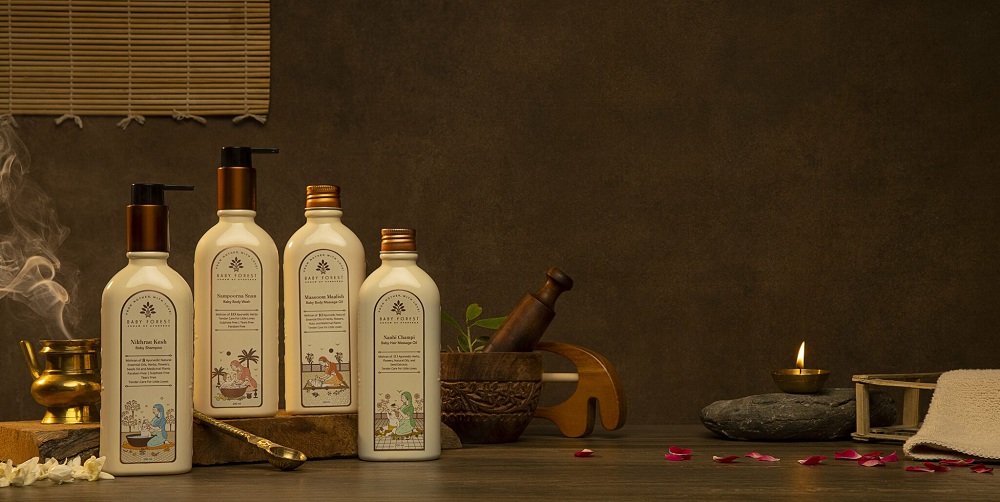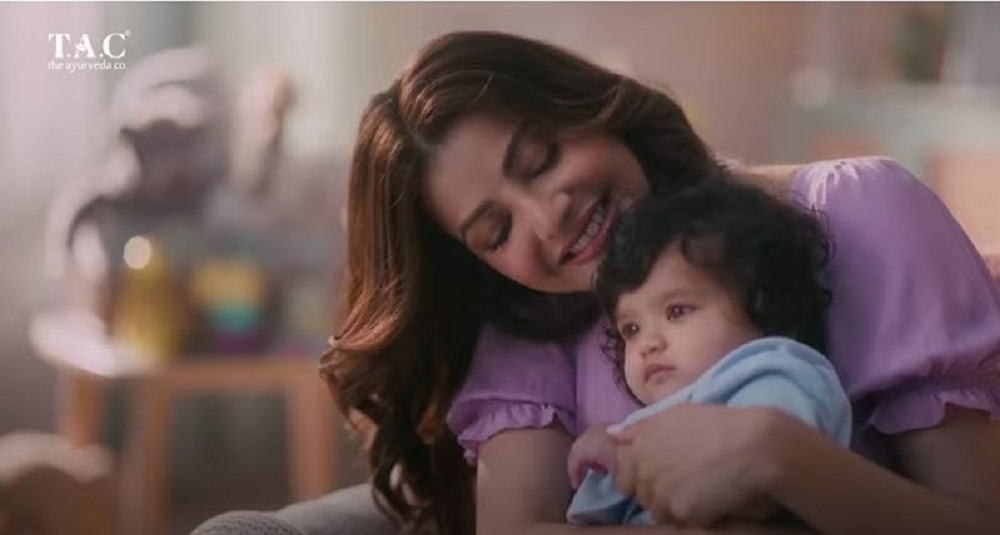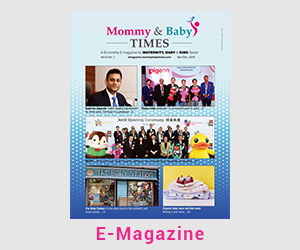The two iconic companies are collaborating to create a line of toy-cars inspired by Ewy Rosqvist and her incredible win in the 1962 Argentine Grand Prix.
June 03, 2019
 Research studies show that kids learn gendered stereotypes and biases at a very young age, which has a large role in shaping up their perceptions, how they choose their games and activities and their ambition in life. On this premise, the German global automobile manufacturer, Mercedes-Benz has partnered with the leading American multinational toys company-Mattel Toys’ Matchbox to bring about a line of toy-cars. These die-cast toy cars would be modeled on the iconic –the Mercedes-Benz 220SE, which was the car Ewy Rosqvist was driving in the Argentine Grand Prix race in the 1962.
Research studies show that kids learn gendered stereotypes and biases at a very young age, which has a large role in shaping up their perceptions, how they choose their games and activities and their ambition in life. On this premise, the German global automobile manufacturer, Mercedes-Benz has partnered with the leading American multinational toys company-Mattel Toys’ Matchbox to bring about a line of toy-cars. These die-cast toy cars would be modeled on the iconic –the Mercedes-Benz 220SE, which was the car Ewy Rosqvist was driving in the Argentine Grand Prix race in the 1962.
To go along with the launch of the toy, Mercedes and Matchbox has released a short film ‘Mercedes-Benz x Matchbox: No Limits’ that shows a number of first-grade girls sitting at a table, presented with an assortment of toys. On being asked which toys they would choose to play with, each of them lean towards typically girly toys like dolls or a stuffed unicorn. Explaining why they didn’t pick the toy car—the Mercedes-Benz 220SE—they say sentences like “It’s a boy toy” and “I wouldn’t pick the car because I’m a girl.” Then, these girls are shown the video of ‘Ewy Rosqvist: An Unexpected Champion’ which amazes them, to say the least.
 Ewy Rosqvist was the first woman to enter the race, and she and her co-driver Ursula Wirth emerged victorious in all the six stages, finished the race three hours prior to any of the other competitors and broke the average speed record for the race in a Mercedes 220SE.
Ewy Rosqvist was the first woman to enter the race, and she and her co-driver Ursula Wirth emerged victorious in all the six stages, finished the race three hours prior to any of the other competitors and broke the average speed record for the race in a Mercedes 220SE.
To encourage little girls with this incredible story, Matchbox is making replicas of Ewy’s gray Mercedes sedan and is presenting them to thousands of first-grade girls. This would be available at a number of retailers nationwide all over USA.
The move is to encourage young girls to play with toys-cars and basically normalize the idea of girls playing with cars which is considered to be associated with the other gender-‘boys’ more often than not. The idea is to assert and imprint in the minds of young girls that they should feel empowered and independent to choose any activity or aspirations.








